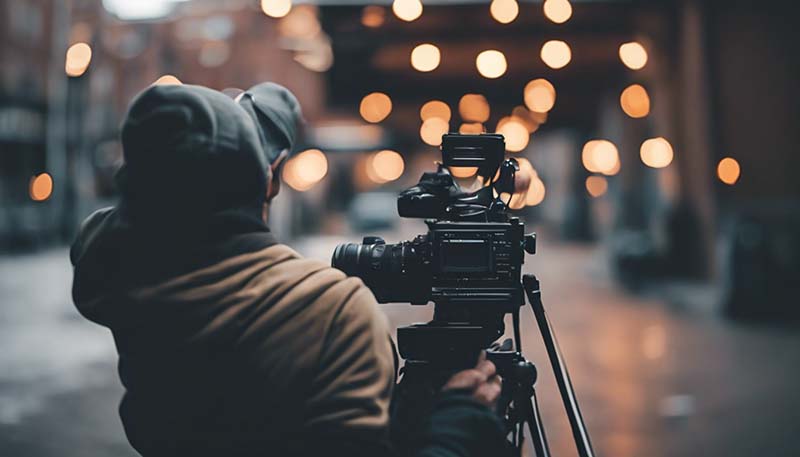Interview Techniques for Creative Industry Professionals
Interviews in the creative industry require a unique approach to assess a candidate's artistic skills, innovation, and cultural fit. This article delves into various techniques and strategies that can be employed to ensure a productive and insightful interview process for both the candidate and the employer.
Understanding the Creative Mindset
Before diving into specific techniques, it's crucial to understand the mindset of creative professionals. They often think outside the box, value self-expression, and are driven by passion for their craft. This understanding will guide the interviewer to adopt a more open and exploratory approach.
1. Portfolio Review
A portfolio is a creative professional's resume. It showcases their work and gives a glimpse into their creative process. When reviewing a portfolio:
- Ask about the inspiration behind each piece.
- Inquire about the challenges faced and how they were overcome.
- Discuss the evolution of their style over time.
2. Behavioral Interviewing
While traditional behavioral interviewing focuses on past experiences, in the creative industry, it can be adapted to explore a candidate's creative process:
Advertisement
- Describe a time when you had to think creatively to solve a problem.
- Tell me about a project where you had to collaborate with a team of diverse talents.
- Share an instance where you had to adapt your creative approach to meet a client's needs.
3. Problem-Solving Scenarios
Present the candidate with a hypothetical scenario that requires a creative solution. This can be particularly effective for roles that demand quick thinking and innovation:
- How would you approach rebranding a company with a negative public image?
- If you were tasked with designing a new product, how would you start?
- Imagine you have limited resources; how would you create an impactful marketing campaign?
4. Creative Exercises
Engaging candidates in a short, timed creative exercise can reveal their ability to think on their feet and adapt to new challenges:
- Sketch a concept for a new product based on a brief description.
- Write a short script or storyboard for a commercial with a given theme.
- Design a simple logo or layout for a hypothetical brand.
5. Cultural Fit and Collaboration
Creative industries often thrive on team collaboration and a strong company culture. Assessing a candidate's compatibility with the existing team is essential:
- How do you handle creative differences with colleagues?
- Can you describe a time when you had to adjust your creative approach to align with a team's vision?
- What kind of work environment do you find most conducive to your creativity?
6. Technical Proficiency and Tools
While creativity is paramount, technical skills are also vital. Ask questions that gauge a candidate's proficiency with industry-standard tools and software:
- Which design software do you prefer and why?
- How do you stay updated with the latest trends and tools in your field?
- Can you walk me through your process of creating a [specific type of project]?
7. Long-Term Vision and Ambitions
Understanding where a candidate sees themselves in the future can reveal their commitment and potential for growth within the company:
- Where do you see yourself in five years?
- What are your long-term career goals, and how do you plan to achieve them?
- How do you envision contributing to our company's growth and vision?
Closing the Interview
End the interview by providing the candidate with an opportunity to ask questions. This not only shows respect for their interest but also gives you insight into what matters most to them about the role and company.
Tips for a Successful Closing:
- Encourage open-ended questions to gain deeper insights into the candidate's thought process.
- Be transparent about the next steps in the hiring process.
- Thank the candidate for their time and express enthusiasm for their potential contribution to the team.
After the Interview
Post-interview reflection is just as important as the interview itself. Take notes on the candidate's responses, their demeanor, and how well they seemed to fit with the company culture. These notes will be invaluable when comparing candidates and making a final decision.

Key Reflection Points:
- How did the candidate's creative thinking stand out?
- Were they able to articulate their process and ideas clearly?
- Did they demonstrate a good understanding of the company's values and culture?
- How well do their skills and experience align with the job requirements?
Conclusion
The interview process for creative industry professionals should be as dynamic and imaginative as the work they produce. By employing a mix of traditional and innovative techniques, you can gain a comprehensive understanding of a candidate's creative abilities, cultural fit, and potential to contribute to your organization's success.
Comment